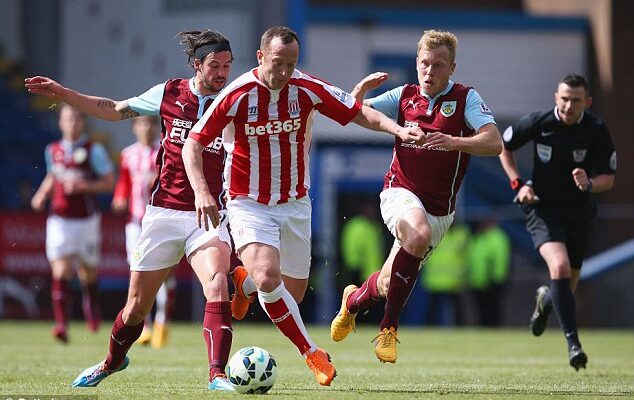In the unpredictable theater of the Premier League, few narratives are as persistent as that of the “crisis club.” For Manchester United, this seems to be a recurring role they inhabit with surprising regularity. Despite a seemingly positive start to the season, the mood around Old Trafford has swiftly shifted from cautious optimism to outright panic. The recent, rather ignominious, exit from the EFL Cup at the hands of a fourth-division opponent has served as an unwelcome jolt, leaving fans and pundits alike questioning the direction of the club.
The Perpetual Crisis Club Narrative
While upsets are an inherent charm of cup competitions, the manner in which Manchester United succumbed, fielding a largely first-choice XI, speaks volumes. Manager Ruben Amorim has candidly acknowledged that his players might be too fixated on the result, hindering their ability to execute fundamental tasks. This mental block, as results spiral, only compounds the challenge of breaking free from the downward trajectory. The weight of expectation, a familiar burden at a club of United`s stature, is clearly taking its toll, turning every misplaced pass and squandered opportunity into a magnified misstep.
Amorim`s Tactical Tightrope Walk
Facing newly promoted Burnley this weekend would, on paper, appear to be an opportune moment for the Red Devils to steady the ship and restore some much-needed confidence. However, recent performances suggest that no opponent can be taken for granted. The team desperately needs a catalyst, a leader to seize control on the pitch, and all eyes inevitably turn to captain Bruno Fernandes. His ability to orchestrate chances from midfield remains undeniable, yet his deeper positioning, while perhaps intended to link play, appears to have blunted his potent goal-scoring threat and, paradoxically, exposed the United defense.
Amorim’s commitment to a 3-4-3 formation, featuring Matheus Cunha and Bryan Mbuemo ahead of Fernandes and Casemiro, presents a fascinating tactical puzzle. While offering attacking impetus, it raises pertinent questions about defensive balance. The manager faces a critical decision: should he introduce a third center-back or a dedicated defensive midfielder to shore up the backline, even against a team like Burnley? Conventional wisdom might argue against such a defensive shift for a home game against a newly promoted side, but convention seems to have taken a sabbatical at Old Trafford. Failure to adjust, to find that elusive equilibrium, will only intensify the burgeoning pressure.
The Burnley Gauntlet: More Than Just Three Points
Currently enduring a three-match winless streak, the fixture against Burnley is more than just an opportunity to collect three points; it`s a referendum on the team`s resilience. To not secure a victory at home against Burnley would inevitably snowball the negativity, transforming a challenging start into a full-blown crisis. While it feels unduly premature to label any match a “must-win” so early in the season, hosting Burnley at the Theatre of Dreams carries precisely that significance.
With a multitude of changes sweeping through the club, Manchester United appears to be perpetually one good result away from igniting their season. The breakthrough goals for new signings like Cunha and Benjamin Sesko are not merely statistical achievements; they are psychological release valves, capable of lifting immense weight from both individual shoulders and the collective psyche of the squad. Should these moments of individual brilliance, these crucial goals, not materialize swiftly, the footballing gods, ever capricious, might just decide that other, more profound changes are required first. The stage is set, the tension palpable; Old Trafford awaits a performance that can rewrite the narrative.







